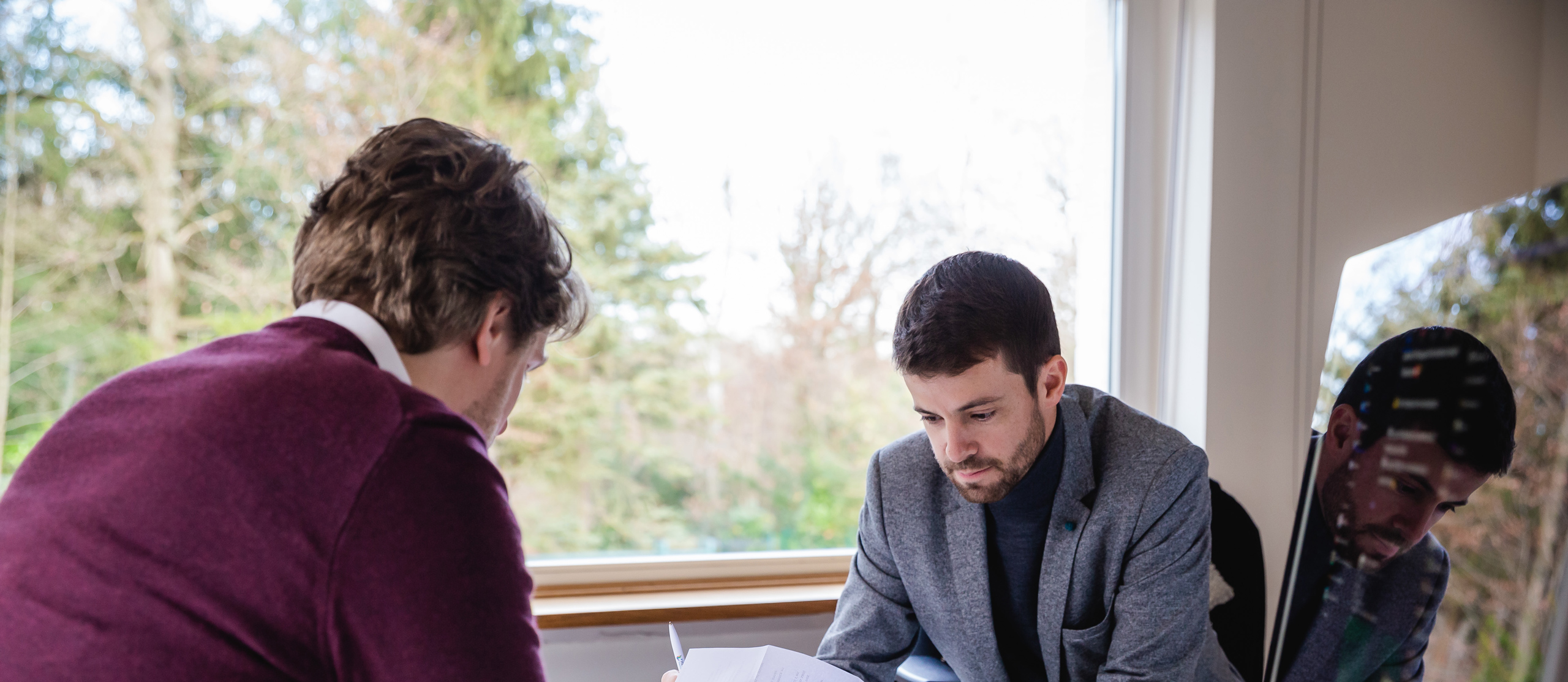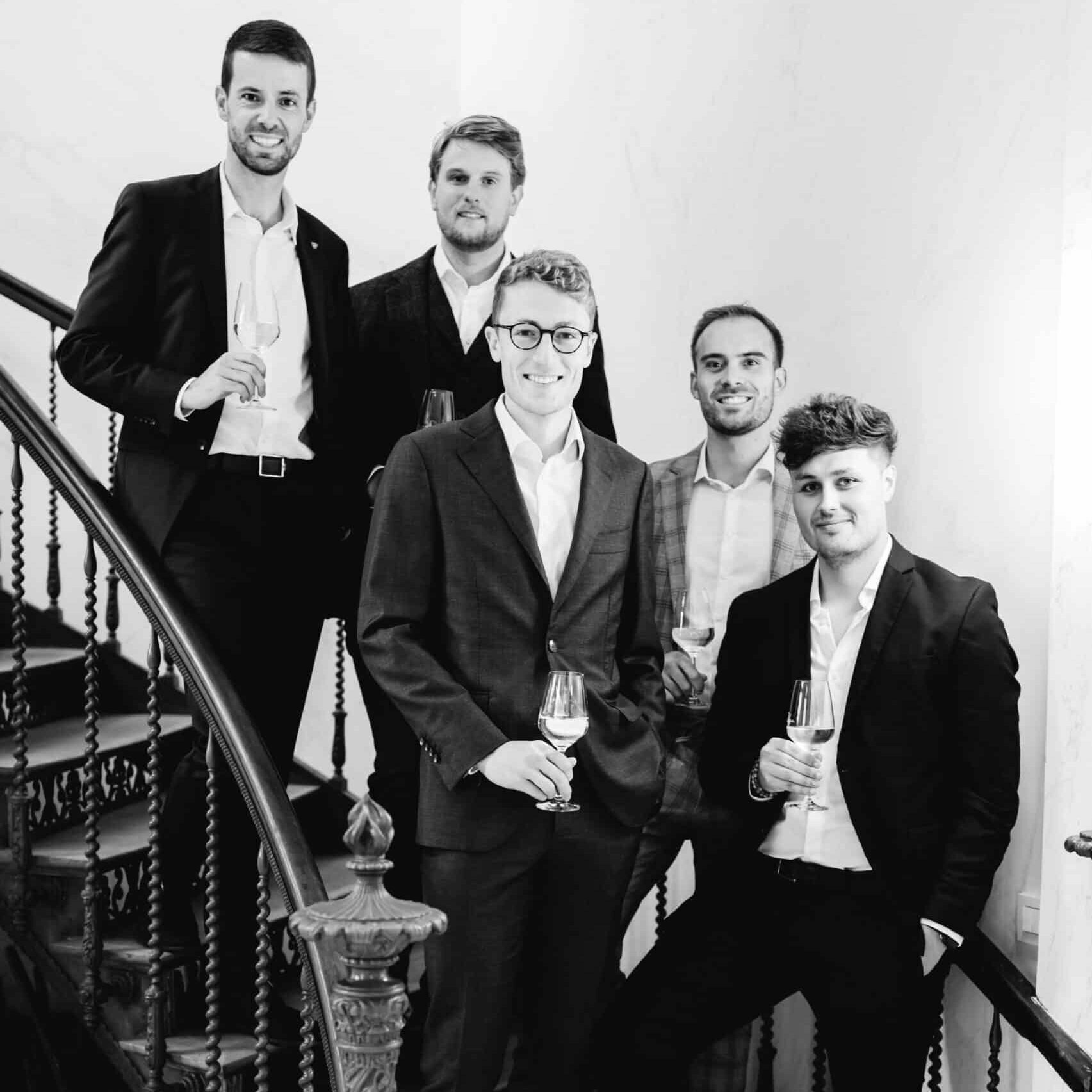Who hasn’t considered hiring a professional for household chores? Outsourcing renovation work? The decision often comes down to the final number on the quote. “It’s expensive; I’d rather do it myself,” we often conclude. Really?
A gardener offers to trim Marc’s hedge for €30 per hour and estimates the job will take two hours. Marc has free time on Saturday mornings and learns that his neighbour has the necessary tools for the job. Delighted, Marc decides to do it himself, convinced he has saved €60… That was without factoring in the opportunity cost.
What is opportunity cost?
Opportunity cost is the virtual cost that arises when choosing one option over another. It estimates the value of the benefit we forgo by allocating available resources (money, time, labour, etc.) to one use rather than another.
Marc is a passionate consultant whose services are billed at €100 per hour, earning him approximately €50 per hour net. By choosing to trim his hedge himself, he indeed saves €60 but misses out on earning €100 simply by practising the job he loves. The opportunity cost of his choice is therefore €40—or even more.
Even if his neighbour only asks for a beer in exchange for using the tools, chances are that Marc will take twice as long as the gardener for a result that is half as aesthetically pleasing.
This reasoning is based on the assumption that time is always monetizable—a debatable theory. However, the value of an hour does not necessarily have to be measured in terms of invoicing a client.
How much do you value an hour spent with your family on a Saturday morning?
And in business organizations?
“In our company, everyone does everything”, a bad idea in disguise?
Resource allocation in business is particularly influenced by opportunity cost. A highly skilled technician who hesitates to delegate the administrative side of his projects to a colleague may feel a sense of responsibility, but in reality, he is harming his company.
A business owner who refuses to delegate bookkeeping, arguing that it saves money and that he has always done it himself, should also consider what profit he is not generating for his company in that time.
Opportunity cost plays a key role in the debate between team versatility and specialization. A specialist works better and faster. In theory, there is no doubt. However, theory has its limits. Planning work and strictly dividing competencies in a company is challenging. Team versatility helps manage uncertain and fluctuating demands with stable resources. It also allows employees to step back, adopt a systemic approach, and find fulfilment in the variety of their tasks.
What does this have to do with business transfers?
Opportunity cost also comes into play when transferring businesses.
Gilles, a woodworking business owner, has €1 million invested at a 1% bank interest rate. He learns that a local company, generating an annual profit of around €200,000, is for sale for €1 million. Being risk-averse, he decides not to buy it.
- The opportunity cost is: €200,000 – €10,000 = €190,000 per year.
The next day, Gilles learns that the selling company is his long-time local competitor. By acquiring it, he could increase its annual profit by €100,000 through synergies between the two entities. Still hesitant, he refrains from taking the plunge.
- The opportunity cost now becomes: €200,000 + €100,000 – €10,000 = €290,000 per year.
The following day, he learns that a carpenter from a neighbouring region has expressed interest in studying the case. If the deal goes through, this savvy competitor could leverage synergies between his businesses and use the resulting margin gains to lower prices and/or improve his offering. Gilles fears this could lead to a €100,000 annual profit loss for his own business.
- The opportunity cost then reaches: €200,000 + €100,000 – €10,000 + €100,000 = €390,000 per year.
Making decisions based on opportunity cost—the perfect solution?
Be careful, opportunity cost simplifies return on investment. But what about emotional factors? Does Marc derive as much pleasure from working for his clients as he does from tending his hedge in the sunshine?
“A bird in the hand is worth two in the bush!” Shouldn’t we weigh the value of opportunities against the associated risks? Does the seller guarantee the annual profit of the company Gilles is considering?
Whether we realize it or not, the notion of opportunity cost creeps into our minds every time we make a choice. No doubt about it… To choose is to give something up!





